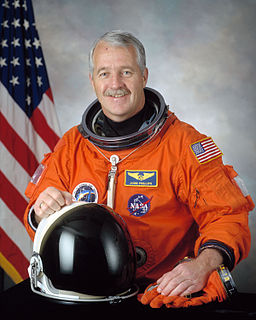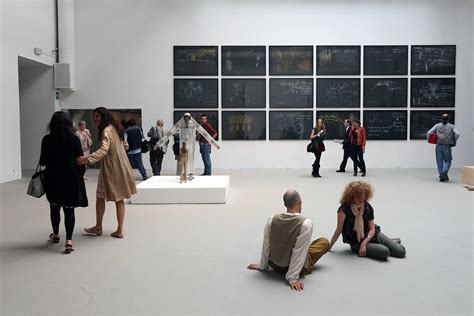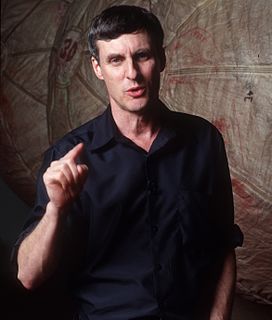A Quote by Scott Kelly
People do really well on space missions, but it's the physiological, the medical stuff, the stuff like radiation, loss of bone mass and muscle mass and density. It's those things that we need to figure out.
Related Quotes
The Second Wave Society is industrial and based on mass production, mass distribution, mass consumption, mass education, mass media, mass recreation, mass entertainment, and weapons of mass destruction. You combine those things with standardization, centralization, concentration, and synchronization, and you wind up with a style of organization we call bureaucracy.
Other anatomical changes associated with long-duration space flight are definitely negative: the immune system weakens, the heart shrinks because it doesn't have to strain against gravity, eyesight tends to degrade, sometimes markedly (no one's exactly sure why yet). The spine lengthens as the little sacs of fluid between the vertebrae expand, and bone mass decreases as the body sheds calcium. Without gravity, we don't need muscle and bone mass to support our own weight, which is what makes life in space so much fun but also so inherently bad for the human body, long-term.
The bodies we have are not made for extended use. We must cope with accumulated DNA damage, cell damage, muscle atrophy, bone loss, decreased muscle mass, and joints worn out from overuse during a lifetime of bipedal locomotion. It might have worked great for prehistoric humans, but it wreaks havoc on our knees and hips.
One of the biggest concerns about going out beyond lower Earth orbit is the radiation. We find that exercise seems to counteract a lot of the negative effects of space flight, like bone loss and muscle atrophy and cardiovascular systems issues. We exercise two hours a day on the station, which is a huge hit out of your day. It's great for staying in shape, but you know, it cuts into the productivity of the crew and if you look at how expensive it is to get a crew into space, if we can keep them healthy and have them exercise, but spend less time doing it, we can get more done.
I can only wonder what astronauts must feel like or something like that when you're really in the space of silence and you are feeling and breathing in a way that you're really aware of your muscle and bone and the breath and the body and the movement and all of those things that just you take for granted in the urban landscape.
I love dressing up. I like going out and buying some crazy stuff. I like stuff that's new, innovative and weird. I just pick out stuff that is unique and anything that I'm really diggin'. I don't really care if it's kind of out there. That's what I'm about. I like picking stuff that is really different.
With respect to phenomena like mass extinction, somebody might say why worry about it because in a geological perspective mass extinctions aren't so bad, they wipe out some things and then 10 million years down the road we get new and interesting objects.But I tell you mass extinctions are really awful for folks caught in the midst of them.
The whole mass of any body is just the mass of ether surrounding the body which is carried along by the Faraday tubes associated with the atoms of the body. In fact, all mass is mass of the ether; all momentum, momentum of the ether; and all kinetic energy, kinetic energy of the ether, This view, it should be said, requires the density of the ether to be immensely greater than that of any known substance.































